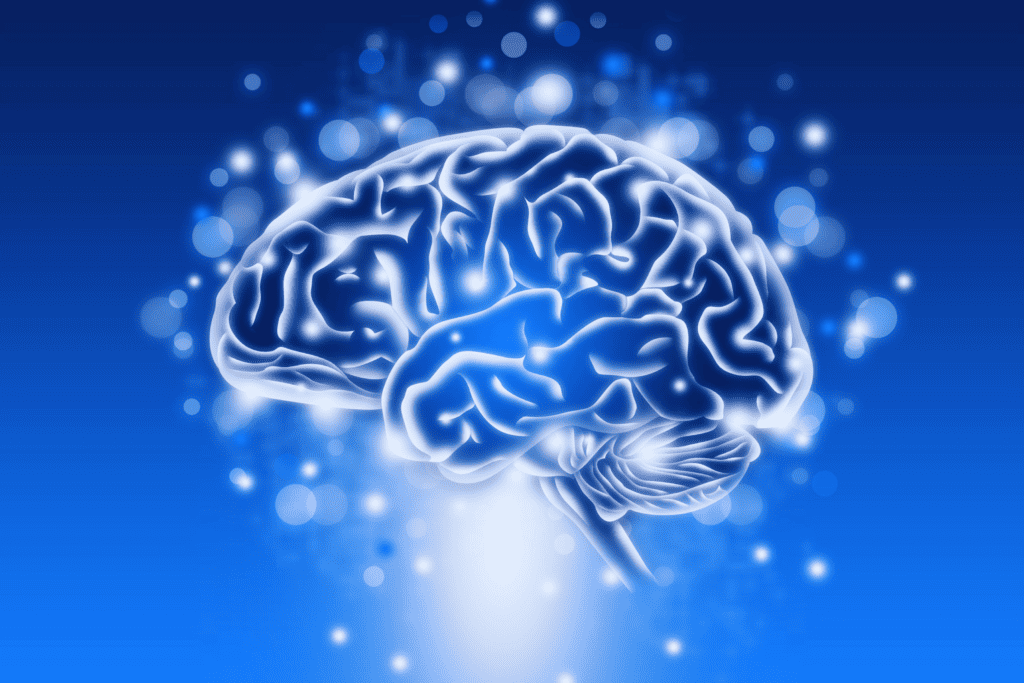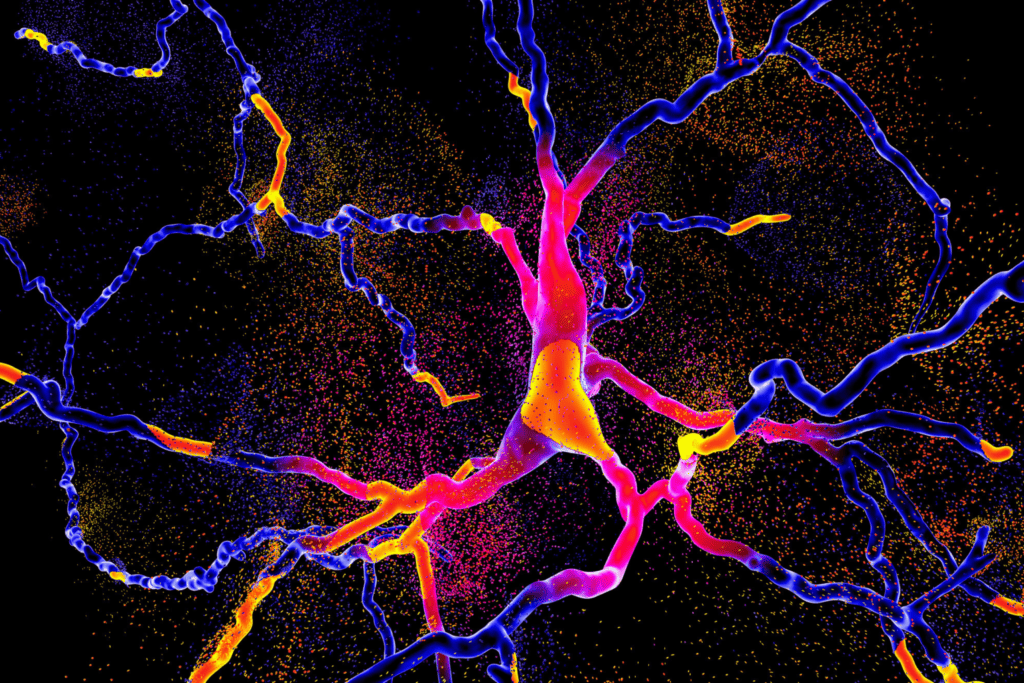Lying and addiction are two intertwined aspects that often go hand in hand when addressing the complexities of drug and alcohol addiction. This comprehensive article will delve into the intricate relationship between addicts and the truth, exploring how addiction leads to deceptive behavior, withdrawal symptoms, and the impact on family members.
The Cycle of Deception and Substance Abuse
One of the most distressing aspects of addiction is the lies that addicts tell. Whether it’s about the extent of their drug abuse, their daily struggles, or their promises to quit, dishonesty becomes a recurring pattern. Addicts lie to hide their addiction from loved ones and themselves, perpetuating the cycle of substance abuse.
The link between lying and addiction is a topic that warrants closer examination. While the lies of addicts can be hurtful and frustrating to family members and loved ones, it’s essential to understand the underlying causes that drive this behavior.
Addiction is a brain disorder that affects a person’s ability to make rational choices, even when they are aware of the negative consequences. When addiction takes hold, it can become a self-perpetuating cycle of deception.
Many addicts find themselves caught in a constant struggle between their desire to quit and the overpowering pull of their substance of choice. This internal conflict often leads to lies as they attempt to hide their addiction and its consequences.
By understanding this cycle of deception, we can better empathize with addicts and work toward breaking the chains of addiction.
Withdrawal Symptoms and Lying

Withdrawal symptoms further complicate the issue. When an addict tries to quit, they often experience physical and emotional turmoil. This can lead to more lies as they attempt to maintain their addiction in secret.
The fear of judgment and stigma associated with substance abuse can make it challenging for them to open up about their struggles.
Withdrawal symptoms vary depending on the substance involved, but they generally include physical discomfort, anxiety, depression, and intense cravings. As addicts experience these symptoms, they may resort to lies to obtain the substances they crave or to conceal their relapse.
In the quest to maintain their addiction, many addicts find themselves leading double lives. They may show their family and friends one face, while secretly indulging in drug or alcohol use.
This deception often continues until they reach a point where the lies become unsustainable. It’s important to remember that the lies told during this period are often born out of desperation rather than malice.
The Impact of Drug Abuse on Family Members

The lies addicts tell can have a devastating impact on their families. Loved ones are often left in the dark, unaware of the extent of their family member’s drug or alcohol use. This lack of transparency can lead to strained relationships and emotional turmoil within the family.
Betrayal and Hurt:
Loved ones may feel a deep sense of betrayal and hurt when they discover the lies told by the addict. Trust, once broken, can be challenging to rebuild. This can strain relationships and create long-lasting emotional wounds.
Increased Stress:
Dealing with an addict’s made-up stories can lead to increased stress for family and friends. The constant worry about their well-being, coupled with the frustration of being deceived, can take a toll on one’s mental and physical health.
Emotional Turmoil:
Emotions run high when dealing with an addict’s lies. Loved ones may experience anger, sadness, and confusion. They might feel powerless to help the addict, which can lead to a sense of hopelessness.

The Role of Family Support Groups
Coping with a loved one’s addiction and the lies that accompany it is a tremendous challenge. Fortunately, there are support systems in place to help those affected by addiction. Support groups like Al-Anon offer a safe space for loved ones to share their experiences and gain valuable insights. These groups provide a sense of community and understanding that can be immensely comforting during trying times.
Loved ones may become frustrated and confused as they attempt to understand and assist their addicted loved ones. The deception creates a barrier between the addict and their family, making it difficult to offer help or guidance. This is where education and assistance become essential for both the addict and their family.
Family support groups, such as the previously mentioned Al-Anon, can provide a lifeline for those affected by addiction. These groups offer a safe space for families to share their experiences and learn how to cope with their loved one’s addiction. By connecting with others who are going through similar struggles, families can gain valuable insights and a network of support.
The Brain's Role in Why Addicts Lie

To comprehend why addicts lie, it’s crucial to consider the brain’s role in addiction. Substance use disorder is a brain disorder where the brain adapts to the presence of an addictive substance, making it difficult for the person to quit. This addiction alters the ability to make rational choices, even when they know the negative consequences.
The brain’s reward system is at the heart of addiction. When an individual consumes an addictive substance, it triggers the release of dopamine, a neurotransmitter associated with pleasure and reward.
Over time, the brain adapts to the surges of dopamine and craves more of it to achieve the same pleasurable effects. This leads to a cycle of increased substance use and, in many cases, addiction.
It’s essential to recognize that addicts don’t lie because they want to deceive their loved ones. Instead, their brain’s chemistry is altered, and they are driven by the intense desire for the substance, making it challenging for them to make objective thought processes.
The Chemical Imbalance: Dopamine Levels and Behavior

The brain’s chemistry is also a major player in this intricate web. Addictive substances often lead to changes in dopamine levels, which affect behavior and decision-making. This altered behavior, driven by the need for more drugs to achieve the desired effect, is a significant contributor to the deception seen in addiction.
Dopamine is a neurotransmitter that plays a crucial role in the brain’s reward system. It’s responsible for regulating feelings of pleasure and motivation. When an addict consumes an addictive substance, such as drugs or alcohol, it triggers a surge of dopamine, creating a sense of euphoria.
However, over time, the brain adapts to these elevated dopamine levels. To achieve the same pleasurable effect, the addict must consume more of the substance. This leads to an unhealthy cycle of escalating substance use, as the brain craves increasingly higher levels of dopamine.
This chemical imbalance not only drives addictive behavior but also contributes to the deception of loved ones. Addicts may lie to justify their continued substance use, downplay its severity, or hide the negative consequences it brings. The desceptions serve as a way to preserve their addiction, even if it means sacrificing their relationships and well-being.
Lying and addiction are closely connected due to the brain’s altered functioning, withdrawal symptoms, and the need to maintain an alternate reality. Understanding this relationship is crucial for both addicts and their loved ones, as it can help break the cycle of deception and lead to a path of recovery.
Seeking Treatment and Recovery

Overcoming addiction and the deceptions that come with it requires a holistic approach. Addiction specialists offer treatment options that focus on addressing the root causes of addictive behavior. By helping addicts regain control of their lives and their well-being, they can avoid confrontation and the need to lie.
Cognitive-Behavioral Therapy (CBT):
CBT is an effective therapeutic approach for individuals struggling with lying and addiction. It helps individuals identify and change negative thought patterns and behaviors, promoting honesty and self-awareness.
Support from Loved Ones:
The support of loved ones is invaluable in the recovery process. When addicts receive understanding, encouragement, and compassion from their family and friends, it can motivate them to seek help and change their ways.
Education and Resources:
Access to educational resources is essential for individuals on the path to recovery. Understanding the nature of addiction, its impact on the brain, and the benefits of sobriety can be highly motivating.
An addiction specialist can help families understand the complexities of addiction and the challenges addicts face. They can provide a range of treatment options, including therapy, counseling, and medical interventions. These treatments are designed to address not only the physical aspects of addiction but also the psychological and emotional factors that contribute to the cycle of deception.
Substance Abuse Recovery at Malibu Detox

At Malibu Detox and Residential Treatment Center, we wholeheartedly encourage individuals and their loved ones facing the formidable battle of addiction to connect with our dedicated team of professionals.
The path towards a healthier, substance-free life can be arduous, but with our guidance and support, it becomes an attainable goal. We firmly believe that transformation is possible, and it begins with acknowledging the complexities of addiction.
Addiction is a multifaceted challenge, often entangled with untruths. However, within our center, we provide the resources and expertise necessary to unravel these complexities and pave the way to recovery and healing.
The journey may be challenging, but with our compassionate approach and comprehensive programs, you or your loved one can take the first steps toward lasting change.
Break up with Addictive Substances Today
We take pride in our comprehensive treatment programs, which are tailored to meet the unique needs of each individual. At Malibu Detox and Residential Treatment Center, we offer a range of therapeutic modalities, including medical detoxification, counseling, and holistic therapies, all designed to address the physical, emotional, and psychological aspects of addiction.
Our goal is to empower our clients with the tools and knowledge needed to overcome addiction and lead fulfilling, substance-free lives. When you choose our center, you’re not just entering a treatment facility but joining a community dedicated to your recovery journey. Contact us today to connect with an addiction specialist and see how you or your loved one can break free from drugs and alcohol.





